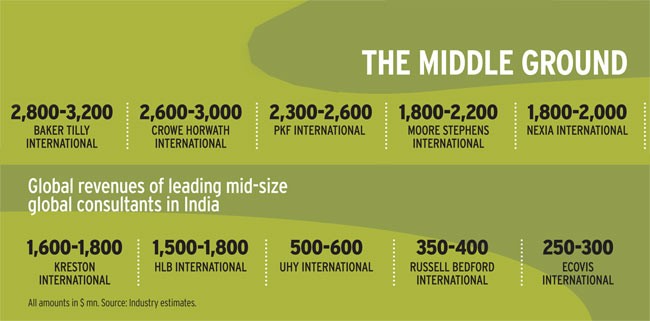How to get into investment banking
Post on: 16 Март, 2015 No Comment

W hile fund managers handle equity funds and other assets, and analysts study the performance of companies and industries, investment bankers underwrite new securities issued by a bank’s clients and help raise funds in the capital markets.
To enjoy a career in investment management, applicants must be highly numerate and business-focused. Most investment banks offer graduate programmes, where successful applicants will get to sample some or all of finance, management, compliance, research, equity, securities, trading, and risk management.
Honours degrees in business, economics, finance, computing, maths and physics are attractive to employers, while some graduates might work towards a professional qualification with the appropriate professional body.
Getting in
Dr Jess Rogel-Salazar, University of Hertfordshire, which runs an MSc in Financial Market Analysis .
Mathematical modelling has become an ubiquitous tool in a large number of areas, and finance is no exception. Financial mathematics has become a field on its own right. A course, such as the one offered by the School of Physics Astronomy and Mathematics at the University of Hertfordshire, provides students with the expertise needed by careers in the financial sector such as risk management, investment banking, insurance, portfolio management or regulatory work.
Graduates obtain the necessary background to deal with stock market data, trading and financial accounts as well as the understanding and skills to support portfolio construction, financial derivative pricing and development of financial models. Work experience in the sector is offered as part of the degree.
Students have gained A-levels in maths or further maths or an equivalent. Graduates can advance their careers by obtaining certifications in actuary, financial analysis or follow postgraduate courses such as the MSc in financial market analysis.
Getting on
Adrian Kinnersley of Twenty Recruitment Group , which specialises in financial services recruitment.
Simply put, you’ve got to try and convince your superiors that you are the most reliable person on the team. As a graduate, every time you are asked to do something, you should do it better than you have been asked so your boss says, thanks, that’s great instead of just thanks. Investment banking is very broad, so you could find yourself gaining experience in everything from the back office to HR, finance and IT.
Whatever you decide to specialise in, make sure you gain the right training and qualifications. Try to find a mentor who has progressed far in your chosen sector. Finally, you need to show you are the kind of person who can influence a team – do this before being asked. It will get you on the radar and you will become a go-to person before your peers.

View from the inside
John Roberts, on a graduate scheme at a London-based investment bank.
It was highly competitive and other applicants seemed to be intimidatingly successful. My maths degree has come in surprisingly handy – I thought it would be all about personality.
Communication is important, of course, but a sound knowledge of maths and finance means I haven’t felt totally out of my depth so far.
I’ve enjoyed my time in the mergers and acquisitions department the most. It feels like important work. It’s not really like the stereotypical view of M&As – there’s not been any evil entities looking to devour a tiny family-owned company.
I’ve got some pension fund work coming up, which doesn’t thrill me as I prefer working on the large corporate deals, but I’m looking forward to most things, to be honest.














